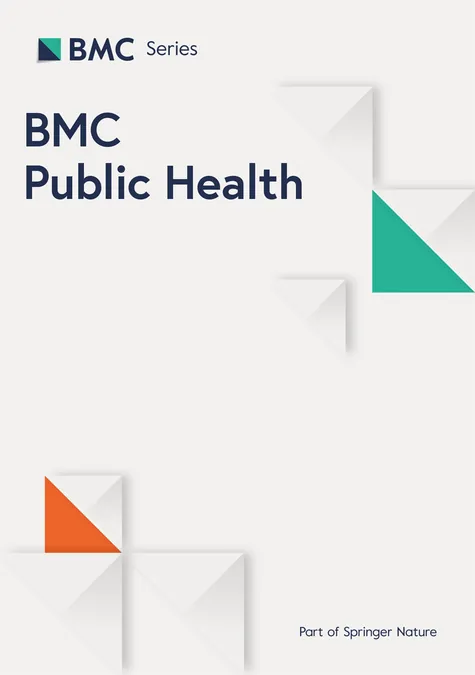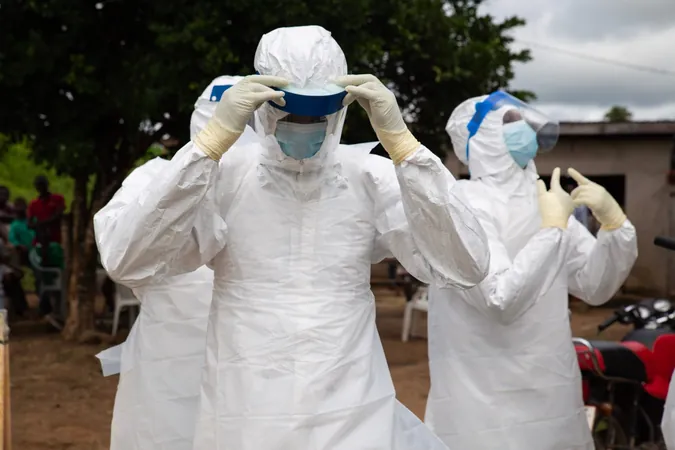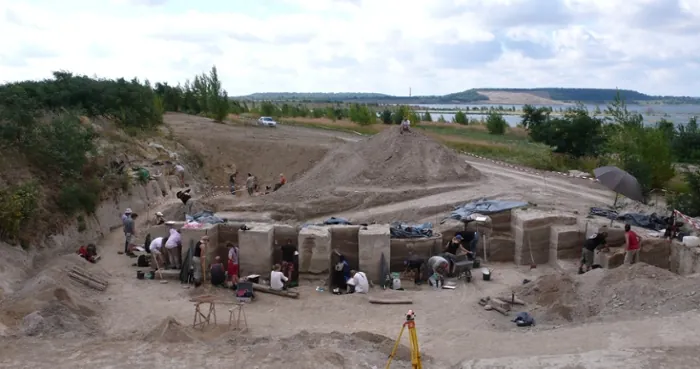
Groundbreaking Insights from Sawula Hospital: How Blood Pressure Changes Impact Survival Rates in Hypertensive Patients!
2025-01-03
Author: Daniel
In an unprecedented study at Sawula General Hospital, located in the Gofa zone of Southern Ethiopia's South Nation Nationality People Regional State, researchers have uncovered alarming connections between blood pressure fluctuations and the survival of hypertensive patients.
Spanning nearly a decade, from January 2014 to January 2023, this investigation involved a meticulous retrospective cohort analysis of 200 adult patients with hypertension, all sourced from their medical records.
What Did They Discover?
Researchers meticulously tracked critical health metrics such as systolic and diastolic blood pressure, along with fasting blood sugar levels.
They scrutinized how these factors influenced the survival duration of patients following their treatment initiation. Patients' survival was closely monitored to determine any correlations with their clinical measurements over time.
Notably, the study considered a rich array of variables, including demographic characteristics like age and gender, lifestyle factors such as alcohol consumption and smoking status, and medical history related to diabetes and tuberculosis.
This comprehensive approach not only honored patient confidentiality but also provided invaluable insight into potential predictors of health outcomes.
Crucial Insights From the Study:
1. **Predictors of Bad Outcomes:** The results revealed that male patients and those residing in rural areas exhibited more pronounced changes in systolic blood pressure. Additionally, those with a history of smoking faced a significantly elevated risk of mortality. This finding underscores the need for targeted interventions to reinforce heart health in at-risk populations.
2. **Longitudinal Analysis:** The investigation employed a joint model to simultaneously analyze both longitudinal and survival data, shedding light on how blood biomarkers like systolic blood pressure and fasting blood sugar levels correlate with longevity among patients. A striking revelation was that increases in blood pressure and fasting glucose levels corresponded to a shortened survival time.
3. **Complex Interactions:** This study highlighted how the interaction between various predictors could lead to divergent health outcomes. It emphasized the need for to consider multifactorial influences when managing and treating hypertensive patients effectively.
4. **Statistical Robustness:** The research utilized sophisticated statistical techniques, including Cox proportional hazard modeling, to ensure that the results were comprehensive. The team identified that both age and baseline health metrics played critical roles in influencing the outcomes of hypertensive patients.
Limitations & Future Insights
While these findings present a significant stride in understanding the dynamics of hypertension in Ethiopia, the research faced limitations due to constraints in patient data availability, which resulted in a smaller sample size.
This restriction may limit the generalizability of the findings; however, it opens avenues for future studies to expand this important area of health research.
The Takeaway
This groundbreaking study serves as a clarion call for healthcare professionals to prioritize blood pressure management among Ethiopian populations, highlighting how critical early interventions can potentially extend the life expectancy of patients suffering from hypertension.
With a deeper understanding of how various factors influence survival, there lies an opportunity to improve treatment protocols and health outcomes significantly.
Stay tuned for more updates as we continue to explore life-saving research from around the globe!




 Brasil (PT)
Brasil (PT)
 Canada (EN)
Canada (EN)
 Chile (ES)
Chile (ES)
 Česko (CS)
Česko (CS)
 대한민국 (KO)
대한민국 (KO)
 España (ES)
España (ES)
 France (FR)
France (FR)
 Hong Kong (EN)
Hong Kong (EN)
 Italia (IT)
Italia (IT)
 日本 (JA)
日本 (JA)
 Magyarország (HU)
Magyarország (HU)
 Norge (NO)
Norge (NO)
 Polska (PL)
Polska (PL)
 Schweiz (DE)
Schweiz (DE)
 Singapore (EN)
Singapore (EN)
 Sverige (SV)
Sverige (SV)
 Suomi (FI)
Suomi (FI)
 Türkiye (TR)
Türkiye (TR)
 الإمارات العربية المتحدة (AR)
الإمارات العربية المتحدة (AR)